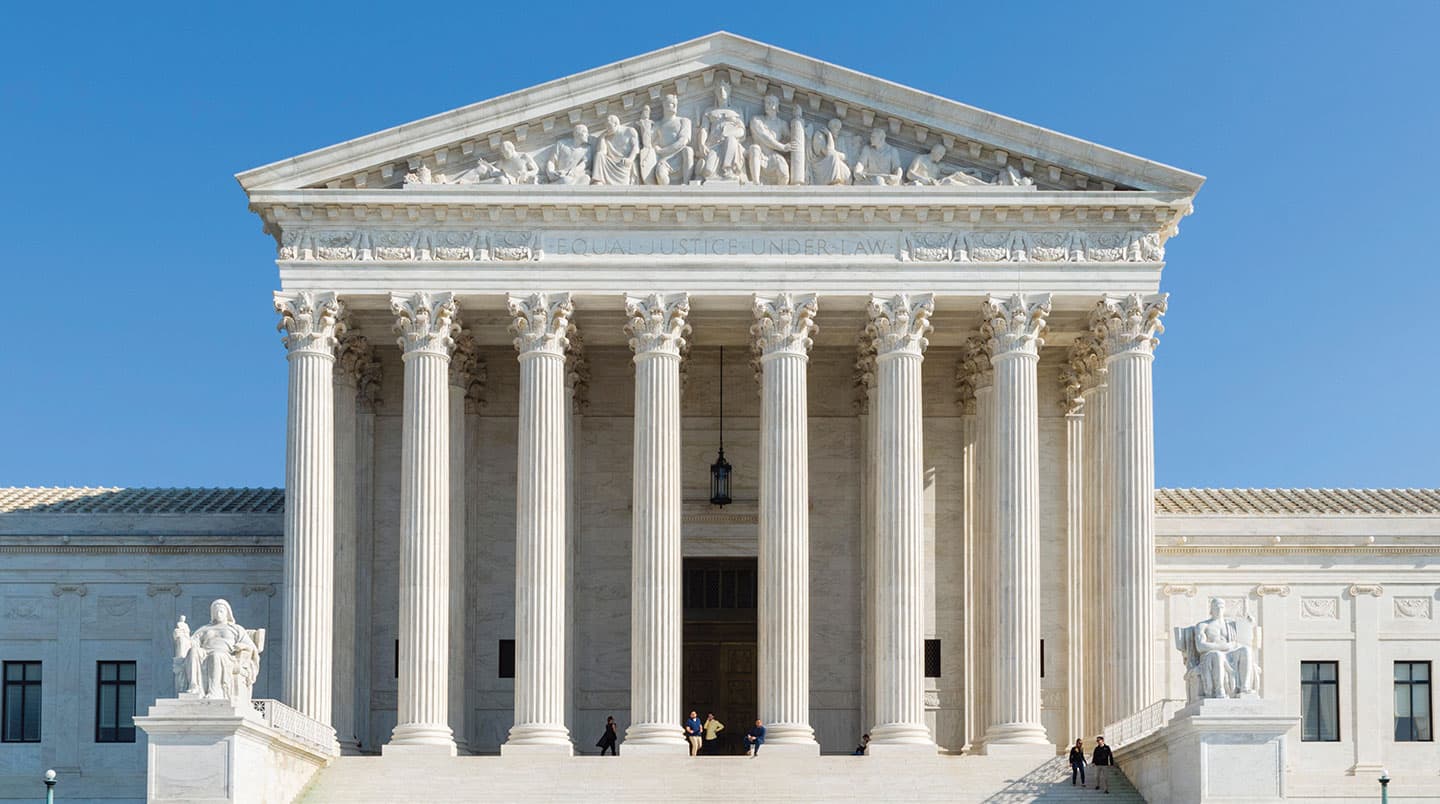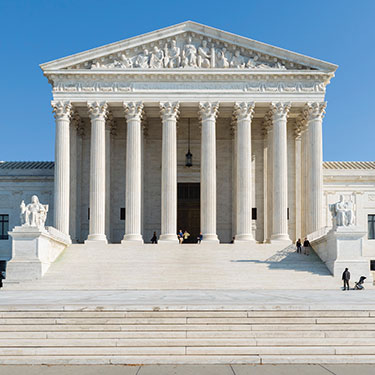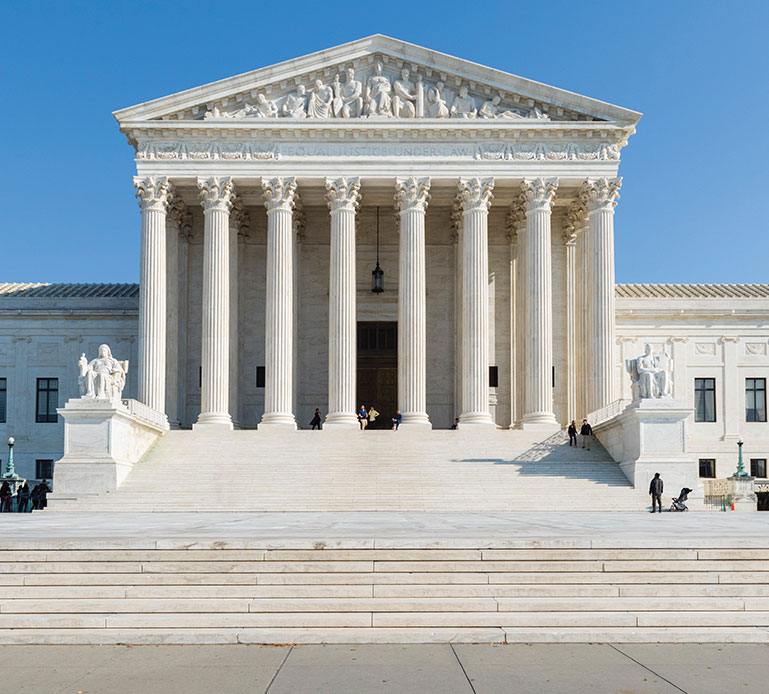You’re the chief justice, or head judge, of the most powerful court in the country. Along with federal courts and judges, the Supreme Court forms the judicial branch of the government. The Court’s term runs from October through June or July. Today you report for work at the Supreme Court Building (above) in Washington, D.C.
Common Core: RH.6-8.1,RH.6-8.2, RH.6-8.3, RH.6-8.4,RH.6-8.5, WHST.6-8.2, WHST.6-8.9, RI.6-8.1, RI.6-8.3, RI.6-8.6, RI.6-8.7, RI.6-8.10, SL.6-8.1, SL.6-8.2
NCSS: Individuals, Groups, and Institutions • Power, Authority, and Governance • Civic Ideals and Practices



